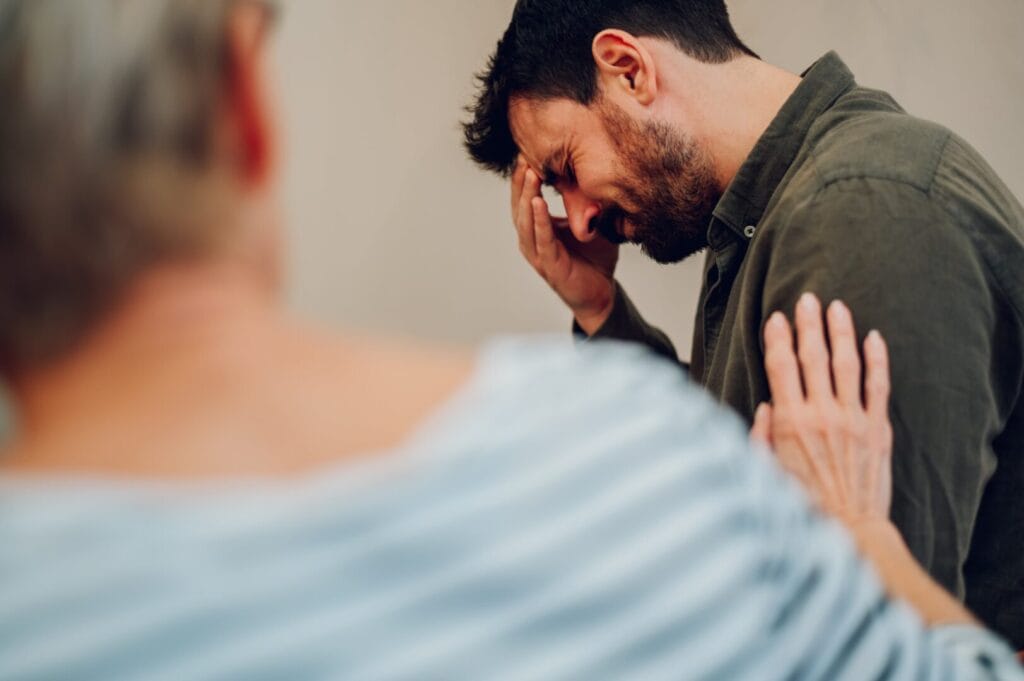You know that feeling when your heart starts racing just before you say something deeply personal? Your palms sweat, your mind second-guesses, and suddenly, opening up feels terrifying. We’ve all been there—and that fear is especially common in therapy.
But here’s the truth: real healing starts with vulnerability.
Why Vulnerability Feels So Risky
We’re often taught to keep our emotions in check and equate strength with stoicism. But in therapy, true strength lies in openness. Vulnerability means sharing parts of yourself you might usually keep hidden—your fears, memories, and emotions. That kind of honesty feels risky for a few reasons:
-
Fear of Judgment: Even though therapists are trained to be nonjudgmental, it’s natural to worry about how you’ll be perceived. Sharing raw, unfiltered thoughts can feel like stepping into the spotlight, unsure of how your words will land.
-
Fear of Being Hurt: If you’ve been hurt before—especially by someone you trusted—being vulnerable can feel like walking into danger. You may fear that opening up again could lead to more pain.
-
Loss of Control: Vulnerability often feels like relinquishing control. What if emotions take over? What if it gets messy? Many of us fear losing composure, even in a safe space like therapy.
Why Vulnerability Is Worth It
While it might feel uncomfortable, vulnerability is essential to making progress in therapy. Letting down your guard can lead to:
-
Emotional Release: Sharing what you’ve been holding in can feel like setting down a weight you’ve carried for far too long. It allows for relief, clarity, and peace of mind.
-
Deeper Self-Awareness: Only when you’re open can you begin to make connections—between your past and present, your emotions and behaviors. Vulnerability helps uncover hidden emotional patterns that influence your day-to-day life.
-
Breakthrough Moments: Vulnerability unlocks powerful insights. For example, realizing a fear of abandonment stems from childhood can be a pivotal turning point. These moments create lasting change.
-
Stronger Relationship with Your Therapist: Being open builds trust. It deepens your connection with your therapist, creating a safe and collaborative environment where real work can happen.
-
Access to Core Issues: Surface-level conversations only go so far. Vulnerability helps you dig into the root of what’s holding you back—so you can begin to heal, grow, and move forward.
How to Embrace Vulnerability in Therapy
Vulnerability doesn’t have to happen all at once. You can ease into it with these steps:
-
Start Small: You don’t need to share your deepest wounds on day one. Begin with smaller, less emotionally charged topics to get more comfortable opening up.
-
Practice Mindfulness: When anxiety creeps in, ground yourself. Take a deep breath and stay present. It’s okay to feel nervous—what matters is showing up anyway.
-
Remind Yourself of the Bigger Picture: Therapy is about healing and transformation. Vulnerability might feel scary, but it’s a step toward becoming a healthier, more self-aware version of yourself.
-
Work With a Therapist You Trust: A strong therapeutic relationship is key. You deserve to feel safe, supported, and free from judgment. A good therapist creates an environment where it’s okay to be messy, emotional, or unsure.
You’re Not Alone
Opening up in therapy isn’t easy, but it’s worth it. Every small step you take toward vulnerability is a step toward growth. You don’t have to rush the process—healing takes time, and it unfolds at your pace.
At San Diego Detox, our therapy programs are designed to support you through that journey. Whether you’re working through addiction, trauma, or everyday life challenges, we offer a safe, compassionate space to help you heal. If you’re ready to take that first brave step, we’re here to walk with you. Contact us today.







